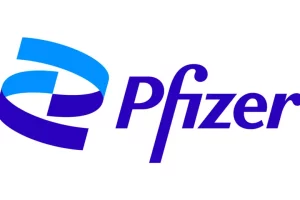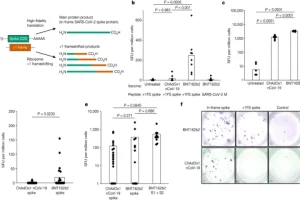
Few, if any, drugs have been so highly politicized as Hydroxychloroquine. The minute US President Donald Trump announced hydroxychloroquine offered a possible solution to coronavirus-infected survivors, the drug’s popularity skyrocketed, and the media attacked it. Now it turns out, however, that The Lancet is a completely unreliable source of information regarding hydroxychloroquine. They have been caught lying about the drug and may violate a number of their ethical obligations.
Dr. Immanuel was right about HCQ. pic.twitter.com/KLHDZKHDCF
— Julius (@TodayWithJulius) June 7, 2021
What is Hydroxychloroquine?
Hydroxychloroquine, better known by its brand name Plaquenil, has been around for a relatively long time. It was first developed as a treatment for rheumatoid arthritis but eventually found to be useful in treating malaria. Hydroxychloroquine has a long track record of safety spanning decades, and it is used to treat malaria in places where standard anti-malarial drugs are ineffective.
In Africa, it is even called “the drug of choice” for treating malaria. The World Health Organization recommended Hydroxychloroquine to treat West Nile Virus, Lassa fever, and other diseases. For almost 70 years, hydroxychloroquine has been used to treat many diseases, including multiple sclerosis, rheumatoid arthritis, and even cancer.
What Does Hydroxychloroquine Do?
In the case of Lassa fever, which is a disease that infects 300,000 people and kills up to 5,500 annually in sub-Saharan Africa alone, hydroxychloroquine is used to both halt viral replication and alleviate symptoms.
Also referred to as Sunday Sunday Medicine because of its ubiquity in Africa, hydroxychloroquine is used by over 30 million people a year, making it the most common drug of choice for treating malaria. It has been classified as a “safe” drug.
However, these benefits are often overlooked not primarily due to its anti-malarial properties but rather because it inhibits the synthesis of advanced glycation endproducts (AGEs). This means that hydroxychloroquine is both safe and effective for treating a wide range of diseases due to its downstream anti-aging properties.
Up until recently, hydroxychloroquine was available without a prescription in the US and a large part of Europe. This changed with the announcement of President Donald Trump that hydroxychloroquine could be an effective treatment for coronavirus-infected citizens. With a prescription, Hydroxychloroquine is more expensive and may not fully be covered by health insurance.
The Lancet retracted their study, which said that Hydroxychloroquine was tied to heart problems because the results were wrong. If they had not retracted the article, it would have pushed the drug to the top of PubMed search results.
The world can now thank a misleading and later retracted ‘study’ published in The Lancet for Hydroxychloroquine’s sudden and increase in price and over-the-counter unavailability.
In a new report published on Wed, June 9, 2021, in YahooNews, it is reported that hydroxychloroquine and zinc treatments increased coronavirus survival rate by almost three times.
A new study shows that the controversial drug hydroxychloroquine touted by former President Donald Trump increased the survival rate of severely ill coronavirus patients.
The observational study, published by medRxiv, found that antimalarial drug hydroxychloroquine, along with zinc, could increase the coronavirus survival rate by as much as nearly 200% if distributed at higher doses to ventilated patients with a severe version of the illness.
“We found that when the cumulative doses of two drugs, HCQ and AZM, were above a certain level, patients had a survival rate 2.9 times the other patients,” the study’s conclusion states.
Politicians and others politicizing a potential treatment for Coronavirus, The Lancet, Antony Fauci, the WHO, Big Pharma, Bill Gates, and the fake media have caused undue suffering. They should be held accountable for deliberate and misleading information, destroying peoples’ lives, and much more!

Carl Riedel is an experienced writer focused on using Open Source Intelligence (OSINT) to produce insightful articles. Passionate about free speech, he leverages OSINT to delve into public data, crafting stories that illuminate underreported issues, enriching public discourse with perspectives often overlooked by mainstream media.





